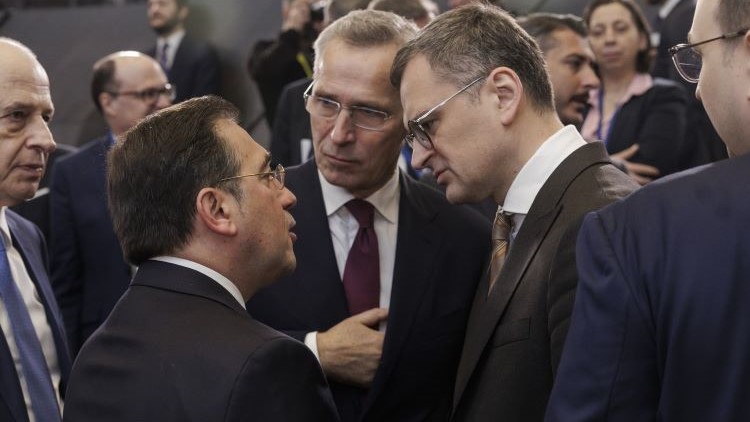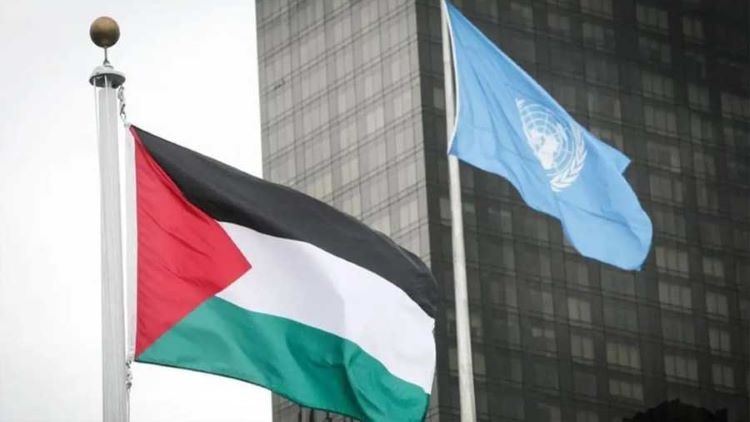Eduardo González
The Minister of Foreign Affairs, José Manuel Albares, yesterday positively valued the proposal of the Secretary General of NATO, Jens Stoltenberg, for the creation of a fund of allied contributions to Ukraine of 100 billion euros over the next five years.
“The figure that the Secretary General has raised demonstrates that commitment and that desire that any aid that can be given to Ukraine be predictable and sustainable over time, because, unfortunately, Russia is not giving any indication that what it seeks is end this conflict,” Albares declared to the press at the end of the meeting of foreign ministers of the Alliance, which concluded yesterday in Brussels.
“A good part of all the dialogue that we allies have had has been to think together about the best way to provide support to Ukraine to avoid duplication and ensure that material arrives in a predictable manner,” he continued. In these circumstances, he specified, “it is much more realistic to talk with figures than simply to talk about help in the air,” and, in that sense, what Stoltenberg has done is “put the ball down and put an amount.” “It is not a symbolic approach, it is putting on the table needs that are quantified in some way and that we have to see over time, in a sustained manner, how and who can cover them; Therefore, it is something very, very practical,” he highlighted.
The objective of Stoltenberg’s proposal is to “institutionalize” a fund of contributions worth 100 billion euros over five years, in anticipation of a possible return of Donald Trump to the White House and, therefore, a certain withdrawal of commitment of the US with Ukraine. The fund proposed by the Secretary General must be voted on at the next NATO Summit, which will take place in Washington in June. Among the points to be resolved, in addition to the amount, is the possibility of including all bilateral aid to Ukraine in the total sum.
In addition, the Alliance could assume the operational and coordination functions of the Contact Group for the Defense of Ukraine, until now led by the United States and which would pass into the hands of NATO’s supreme allied commander, General Chris Cavoli. The North American elections in November are also in the spotlight of this proposal.
Yesterday, the NATO-Ukraine Council also met at the level of foreign ministers, which was joined by the head of Ukrainian diplomacy Dmytro Kuleba. The ministers also met with their Indo-Pacific partners and the European Union to discuss enhancing cooperation and the global implications of Russia’s war against Ukraine. Likewise, the two-day meeting in Brussels, in which Sweden participated for the first time as a full member, included an event commemorating the 75th Anniversary of the signing of the Washington Treaty by which NATO was established.
In a video broadcast by the social network X at the end of the meeting, Albares stressed that the “unity and solidarity of all allies” is “more necessary than ever in the face of Russian aggression against Ukraine, which has brought war back to Ukraine.” Europe”. “Spain joins this anniversary as a predictable and reliable ally to guarantee Euro-Atlantic security, to guarantee the security of all Spaniards,” he concluded.
During yesterday’s session, and on the sidelines of the ministerial meeting, Albares held meetings with the Estonian Minister of Foreign Affairs, Margus Tsahkna, and with his Slovenian counterpart, Tanja Fajon, with whom he discussed bilateral relations, cooperation in NATO and support in Ukraine and Gaza and to whom he congratulated on the twentieth anniversary of the accession of both countries to the Alliance.







